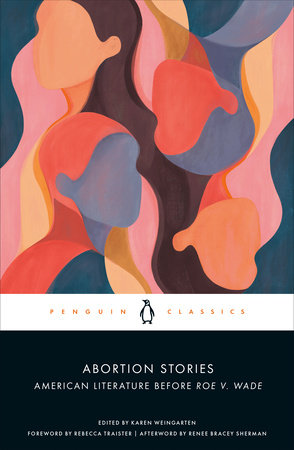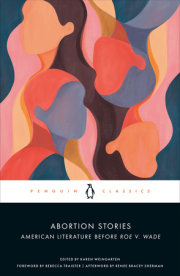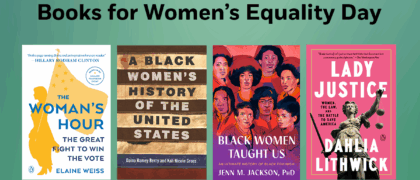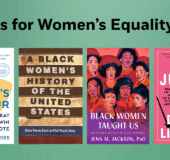Foreword by Rebecca Traister
Introduction: A Short History of Abortion and Its Representations Before Roe by Karen Weingarten
A Note on the Text
ABORTION STORIES
Metamorphosis Insectorum Surinamensium by Maria Sibylla Merian (1705), translated by Wijnie de Groot for this collection
“The Mystery of Marie Rogêt: A Sequel to ‘The Murders in the Rue Morgue’” by Edgar Allan Poe (1845)
WPA Oral Histories by Formerly Enslaved People (reminiscences of life during the mid-nineteenth century)
“The Great ‘Trunk Mystery’ of New York City” by Anonymous (1871)
The Country of the Pointed Firs by Sarah Orne Jewett (1896)
Abortion by Eugene O’Neill (1914)
Summer by Edith Wharton (1917)
“Motherhood” by Georgia Douglas Johnson (1922)
“Engaged” by Genevieve Taggard (1922)
“Mr. Durant” by Dorothy Parker (1924)
Daughter of Earth by Agnes Smedley (1929)
“Missis Flinders” by Tess Slesinger (1932)
“Cora Unashamed” by Langston Hughes (1934)
“A Cold Front” by William Carlos Williams (1939)
“the mother” by Gwendolyn Brooks (1945)
Peyton Place by Grace Metalious (1956)
The Abortionist by Dr. X as told to Lucy Freeman (1962)
“One Woman’s Abortion” by Mrs. X (1965)
“Facing the Abortion Question” by Shirley Chisholm (1969)
They Weep on My Doorstep by Ruth Barnett (1969)
The Abortees’ Songbook by Patricia Maginnis (1969)
“the lost baby poem” by Lucille Clifton (1972)
Afterword by Renee Bracey Sherman
Acknowledgments
Suggestions for Further Reading
Credits








